Our Products Cannot Be Used As Medicines Directly For Personal Use.


Welcome! For price inquiries, please feel free to contact us through the form on the left side. We will get back to you as soon as possible.
Food and Beverage Applications
Enzymes are essential in food processing, playing a key role in making products like cheese, vinegar, wine, bread, beer, and more. By facilitating these processes, enzymes help conserve energy and resources while significantly improving overall efficiency. In addition, enzymes have been shown to reduce both the volume and toxicity of by-products and wastewater, contributing to more sustainable production practices.
Creative Enzymes provides a wide variety of high-purity enzymes and custom blends tailored for food and beverage production. Our solutions are designed to deliver consistent performance and flexibility. They're perfect for improving different production processes. At the same time, they help support eco-friendly and efficient operations.
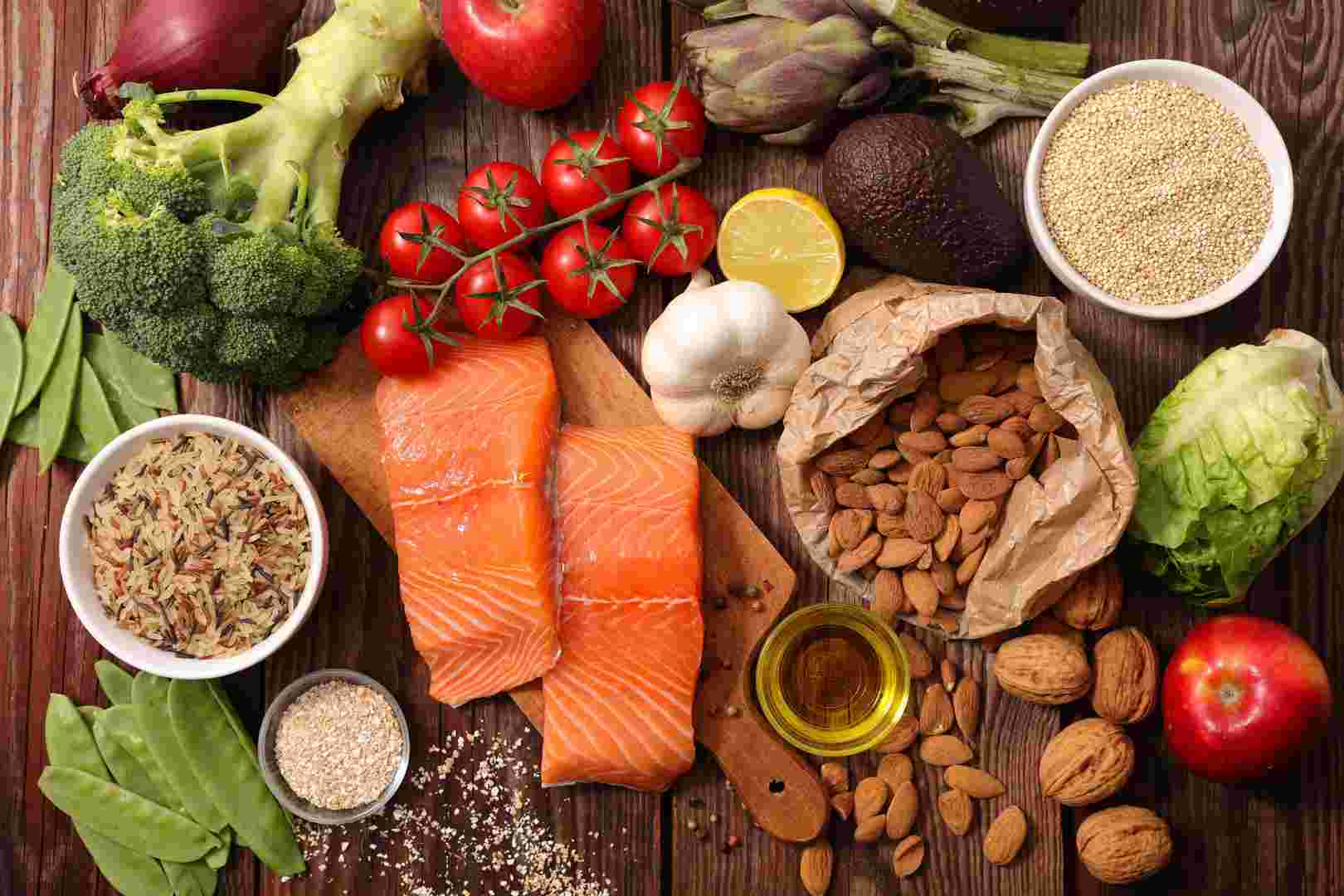
Fruit and Vegetable Processing Enzymes
- Improve quality
- Increase yield and production efficiency
- Simplify storage and transportation
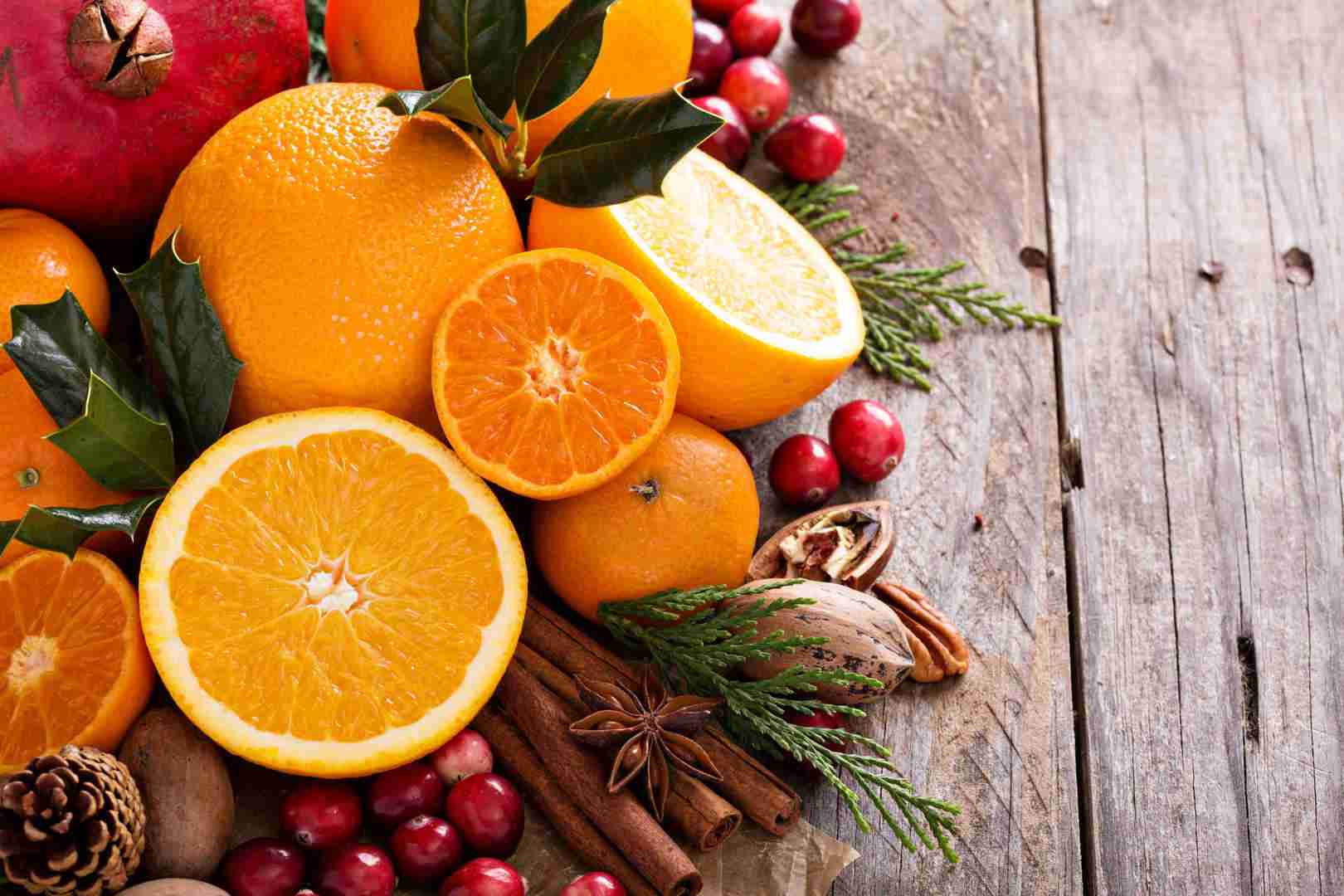
Enzymes play a crucial role in the growth, ripening, and storage of fruits and vegetables. While most enzymes in plant tissues help maintain metabolism, some can negatively affect quality attributes like color, texture, taste, odor, and nutritional value after harvest. For example, lipoxygenase can influence flavor and odor development in certain vegetables. Phenol oxidases contribute to discoloration, which detracts from both taste and nutritional quality. The activity of pectinases causes fruits to soften, while α-amylases break down starch into shorter fragments called dextrins, which can compromise texture. Additionally, ascorbic acid oxidase reduces vitamin availability, impairing the nutritional value of fruits and vegetables.
To optimize fruit juice production, enzymes like pectinases are used to enhance yield, clarity, and stability. Pectinases break down pectin, a structural polysaccharide in fruit cell walls, aiding juice extraction and reducing viscosity. This enzymatic action results in higher juice yield and clearer, more appealing products. Moreover, enzymatic processing improves product quality, boosts efficiency, and helps minimize waste.
When processing fruits and vegetables, it's essential to maintain key quality parameters, such as nutrient availability, bioactive compound effectiveness, taste, color, texture, and turbidity. Controlling or inactivating quality-reducing enzymes is critical in preserving the desired characteristics of the final product.
The most commonly used enzymes in fruit and vegetable processing include pectinases, cellulases, tannases, xylanases, and esterase. These enzymes help ensure the optimal quality and efficiency of processing, contributing to both higher yields and better-quality products.
| Categories | Cat. No. | Product Name | |
|
Pectinases Pectinases are the most commonly used enzyme in the fruit juice industry because they increase juice yields and accelerate juice clarification. |
DIS-1030 | Pectinase | Get a quote |
| FJE-1411 | Pectinase for Fruit Juice | Get a quote | |
| FJE-1432 | Pectinase blend to for vegetable juice | Get a quote | |
| FJE-1412, FJE-1423, FJE-1425, FJE-1429, FJE-1430... | Get a quote | ||
| Cellulases | DIS-1017 | Cellulase | Get a quote |
| DIS-1018 | Cellulase-AN | Get a quote | |
| Tannases | TAC-3000 | Tannase (Food grade) | Get a quote |
| Xylanases | DIS-1032 | Xylanase | Get a quote |
| ASE-3102 | Xylanase for Mash Viscosity Reduction and Xylan hydrolysis | Get a quote | |
| Esterase | FJE-1428 | Pectin Methylesterase | Get a quote |
Baking Enzymes
- Change dough properties
- Extend shelf-life
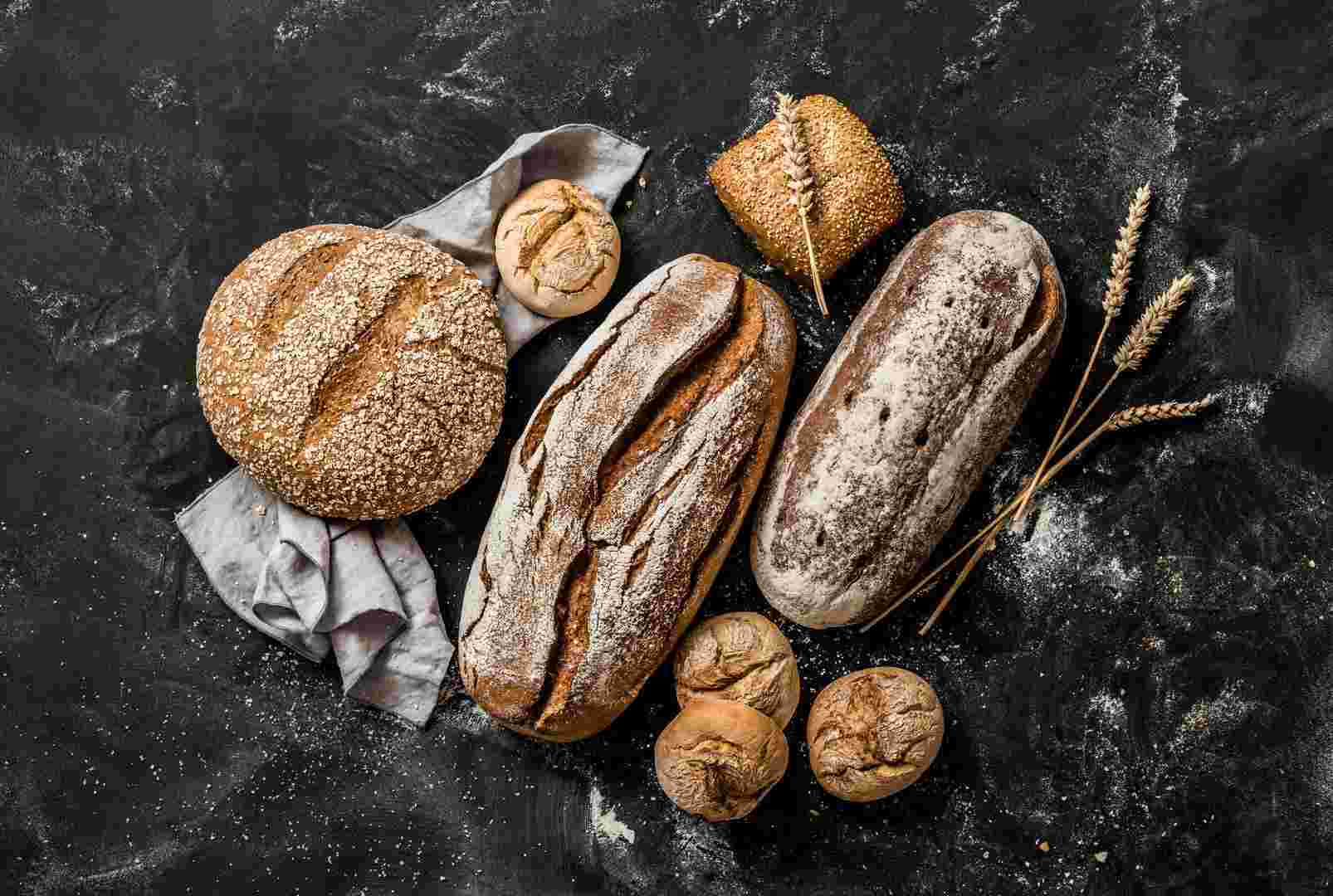
Enzyme additives are widely used in bakery to produce products of consistently high quality by enabling better dough handling, preventing solidification and allowing control over crumb structure and color, flavor, moisture and volume. Enzymes that make some contribution to baked goods may come from enzymes naturally present in the flour, enzymes associated with the metabolic activity of the predominant microorganism, or enzymes intentionally added during the mixing process as technological or processing aids.
Supplementing flour and dough with enzyme improvers is a common practice for flour standardization and as a baking aid. Over the years, enzymes have gained importance in the bakery industry as they modify dough rheology, gas retention and crumb softness in bread making, modify dough rheology in pastry and cookie making, modify product softness in cake making and reduce acrylamide formation in baked goods.
The most commonly used enzymes in baking belong to two main classes: hydrolases (such as amylases, proteases, hemicellulases, and lipases) and oxidoreductases (including glucose oxidase and lipoxygenase). These enzymes work together to enhance the texture, consistency, and overall quality of baked products.
| Categories | Cat. No. | Product Name | |
| Xylanases | DIS-1032 | Xylanase | Get a quote |
| BAK-1724 | Xylanase based enzyme blend for baking | Get a quote | |
| ASE-3102 | Xylanase for Mash Viscosity Reduction and Xylan hydrolysis | Get a quote | |
| Amylases | BAK-1715 | α-amylase for baking | Get a quote |
| BAK-1711 | Fungal amylase for baking | Get a quote | |
| BAK-1712 | Maltogenic amylase for baking | Get a quote | |
| Glucose Oxidase | BAK-001 | Glucose Oxidase (Food Grade) | Get a quote |
| Lipases | DIS-1026 | Lipase | Get a quote |
| Proteases | BAK-1722 | Protease for special flours | Get a quote |
| BAK-1723 | Protease for baking | Get a quote | |
| Cellulases | BAK-1728 | Cellulase for baking | Get a quote |
| FLO-1302 | Fungal hemicellulase enzyme for flour | Get a quote | |
| Glucoamylase | BAK-1726 | Glucoamylase for baking | Get a quote |
Brewing Enzymes
- Degrade starches and proteins
- Reduce viscosity
- Improve clarity and stability
- Improve efficiency and consistent quality

The technology of beer production dates back six thousand years and has been practiced by the world's oldest civilizations. Nowadays, brewing is one of the leading food industries in the world in general and in the West in particular. Enzyme utilization is one of the main pillars of the brewing industry, and whether the enzyme is endogenous in the grain itself or added from external sources, a deep understanding and research of these enzymes is mandatory for the sake of better production and higher quality.
Enzymes used in the brewing industry are diverse in their action and properties. The main enzymes used in the brewing industry can be divided into four main processes which are germination, mashing, fermentation and clarification. The four most commonly used enzymes in brewing are β-glucanase, protease, α-amylase and β-amylase. In addition to endogenous enzymes, the beer industry often adds exogenous commercial enzymes to improve quality, such as clarification, color, texture, or flavor. For example, when barley is mashed and does not produce enough enzymes to break down and hydrolyze starch, this can result in poor beer quality and low yield; This is where you need to use exogenous enzymes.
During malting, β-glucan, fibers and proteins are broken down by the action of proteases, glucanases and xylanases. After the starch is gelatinized by the hot water, the amylase enzymes begin to act on the wort, which produces sugars through the liquefaction and scarification processes. Later in the fermentation process, α-amylase and β-glucanase can be reused to improve fermentation yield and filtration. Typically, other enzymes can be used for added quality, such as α-acetolactate decarboxylase (ALDC), which improves fermentation by reducing fermentation time, and other commercial types of proteases, which keep the beer clear during cooling and chilling of the beer.
| Categories | Cat. No. | Product Name | |
| α-Amylases | ALC-1517 | High-temperature α-amylase for Alcohol Industry | Get a quote |
| BER-1513 | Mid-temperature Refining α -amylase for beer | Get a quote | |
| Glucoamylase | ALC-1516 | Glucoamylase for Alcohol Industry | Get a quote |
| BRE-1619 | Glucoamylase for light beer | Get a quote | |
| Peptidase | DIS-1031 | Peptidase | Get a quote |
| β-Glucanases | DIS-1014 | β-Glucanase | Get a quote |
| Proteases | BER-001 | Neutral Protease for Beer Brewing (Food Grade) | Get a quote |
| BER-1512 | Acid Protease for beer | Get a quote | |
| Xylanase | DIS-1032 | Xylanase | Get a quote |
| Decarboxylase | BRE-1621 | α-acetolactate decarboxylase | Get a quote |
| Custom blends | BER-1514 | Beer blend enzyme | Get a quote |
Starch & Sweeteners Enzymes
- Better tastes of healthy choices
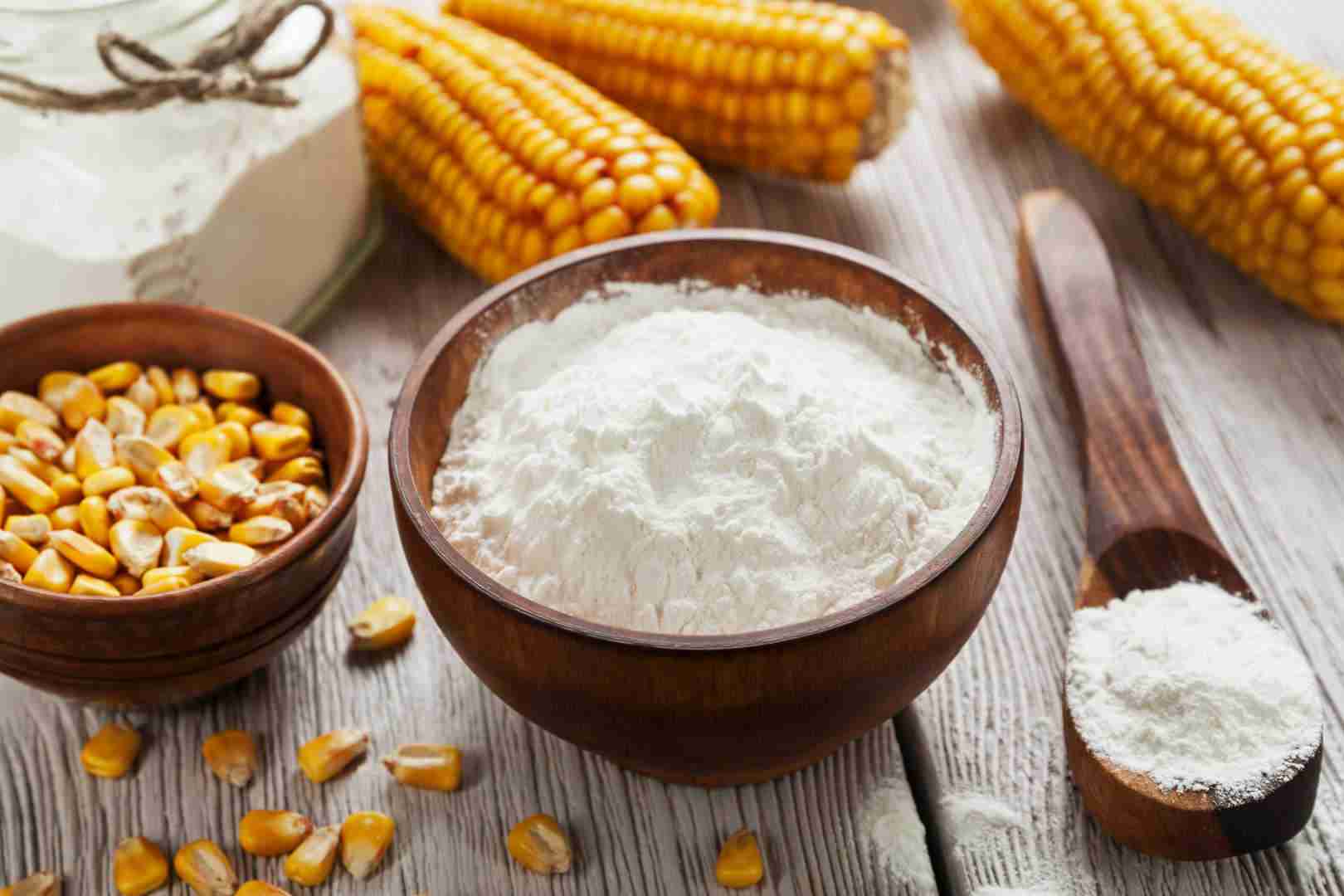
Starch is a polysaccharide found in the organs of plants. In fact, it is the second most abundant compound synthesized by plants (cellulose being the first) and is found in granular form. These granules are stored as a reserve food supply to be used during dormancy, growth, or germination.
The use of enzymes to convert starch into more usable, lower molecular weight saccharides is an old technology that has been used by humans for centuries. Processes such as malting barley were developed through empirical approaches long before the concept of an enzyme was elaborated. Today, these older uses of enzymes have been rationalized in the light of our knowledge of enzyme action, and new processes using highly purified enzymes from a variety of sources can be proposed and adopted on a commercial scale.
At present, the main application of starch-modifying enzymes in the food industry is the production of low molecular weight sugars by complete hydrolysis of starch.
| Categories | Cat. No. | Product Name | |
| Pullulanases | BRE-1618 | Pullulanase for Saccharification | Get a quote |
| SUG-003 | Pullulanase (Food Grade) | Get a quote | |
| Glucoamylases | ASE-3104 | Glucoamylase for Saccharification in Starch Industry | Get a quote |
| BAK-1714 | Glucoamylase enzyme for crust | Get a quote | |
| α-Amylases | ASE-3101 | Thermostable α-amylase for Liquefaction in Starch Industry | Get a quote |
| BRE-1611 | α-Amylase enzyme for liquefaction | Get a quote | |
| Carbohydrases | GRAIN-2517 | Carbohydrase blend for cereal grain | Get a quote |
| Custom blends | ASE-002 | Corn Starch Processing Complex Enzyme (Food Grade) | Get a quote |
| ASE-3105 | Enzyme blend for ereal grain starch processing | Get a quote |
Enzymes in Dairy Industry
- Dairy production
- Enhance product quality
- Improving processing efficiency
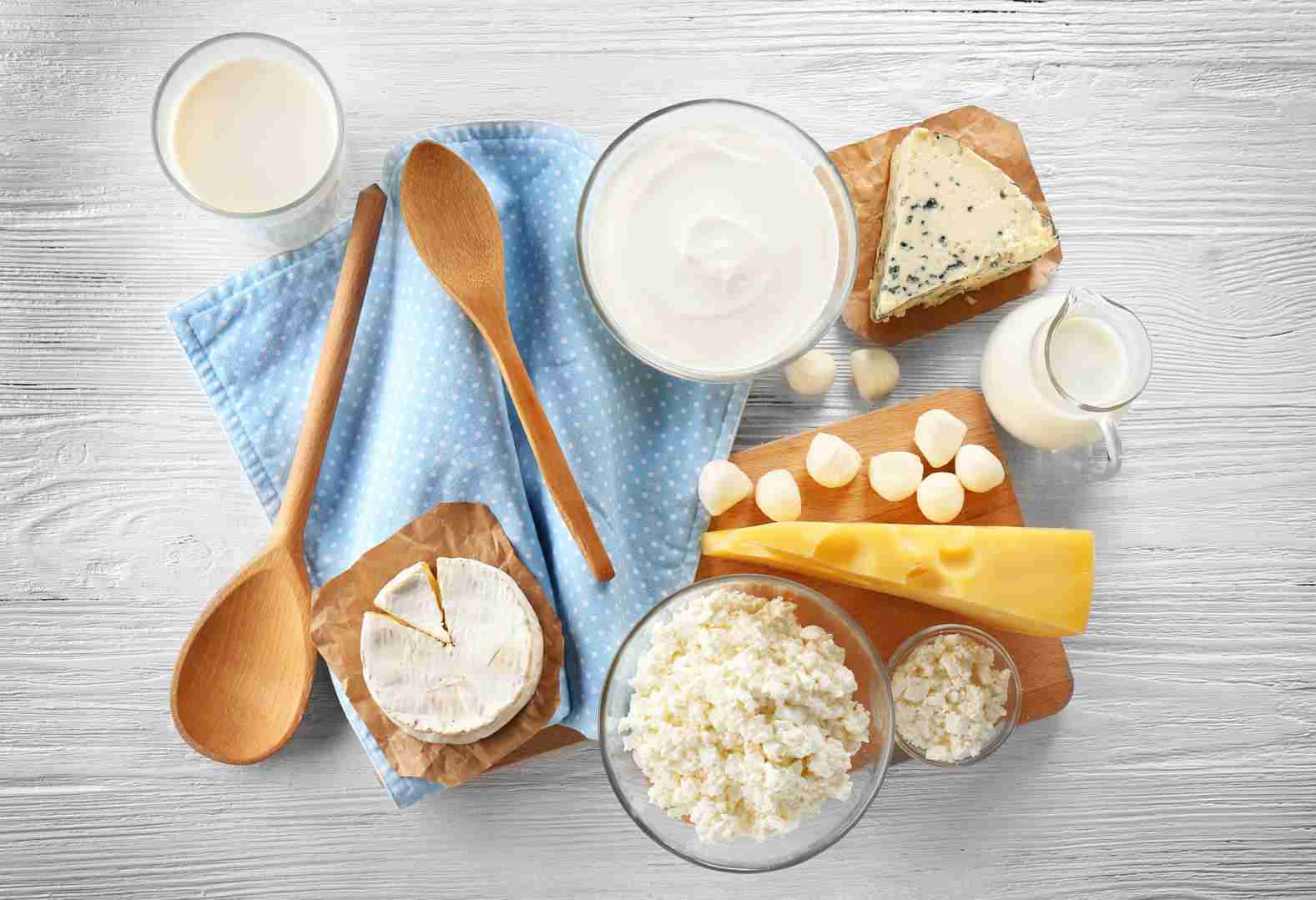
Enzymes play a critical role in dairy production, enhancing product quality, improving processing efficiency and expanding the range of dairy products available to consumers. The most important enzymes in dairy production are rennet (chymosin), lactase, lipases and proteases.
- Rennet (Chymosin) in Cheese Production: Rennet, mainly composed of the enzyme chymosin, is key to turning milk into curds and whey—the starting point for making cheese. Chymosin works by cutting kappa-casein in milk, which makes the proteins clump together into a gel-like curd. After that, the curds are cut and heated to remove the liquid whey and solidify the curds. Depending on the type of cheese being made, the curds may be salted, pressed, and aged to develop flavor and texture.
- Lactase in Lactose-Free Products: Lactase is a digestive enzyme that hydrolyzes lactose, a sugar found in milk, into its constituent monosaccharides, glucose and galactose. This process makes dairy products digestible for people with lactose intolerance. Lactase can be added at various stages, such as during the production of fluid milk, yogurt or ice cream. The resulting lactose-free products are not only suitable for lactose intolerant consumers, but also have a slightly sweeter taste due to the presence of glucose and galactose.
- Lipases in Flavor Development: Lipases catalyze the hydrolysis of milk fats into free fatty acids and glycerol, which are essential for the development of flavor in certain cheeses. Lipases are added to milk or cream used in the production of cheeses such as blue cheese, Parmesan and Romano.
- Proteases in Milk Protein Hydrolysis: Proteases hydrolyze milk proteins into peptides and amino acids that can improve the nutritional and functional properties of dairy products. This hydrolysis process can improve the digestibility of dairy products, making them suitable for consumption by people with special dietary requirements, infants and those requiring protein supplements.
| Categories | Cat. No. | Product Name | |
| Chymosin | DAI-1219 | Rennet with enzyme complex | Get a quote |
| DAI-1218 | Rennet for cheese making | ||
| CEFX-051 | Rennet from Kluyveromyces Lactis | ||
| Lactases | DIS-1021 | Fungal Lactase | |
| DAI-1212 | Concentrated food-grade lactase powder for Dairy Processing | ||
| DAI-1211 | Food-grade liquid lactase for Dairy Processing | ||
| Lipases | DIS-1026 | Lipase | |
| DIS-1027 | Lipase (Yeast) | ||
| DAI-1213 | Triacylglycerol lipase for Dairy processing | ||
| OIL-1103 | Triacylglycerol lipase enzyme for fat and dairy | ||
| Proteases | NATZ-071 | Neutral Protease (food grade) Powder | |
| DIS-1022 | Fungal Protease | ||
| DIS-1019 | Fungal Acid Protease | ||
| DIS-1011 | Acid Stable Protease |
Meat Processing Enzymes
- Enhance texture and flavor
- Improve product quality
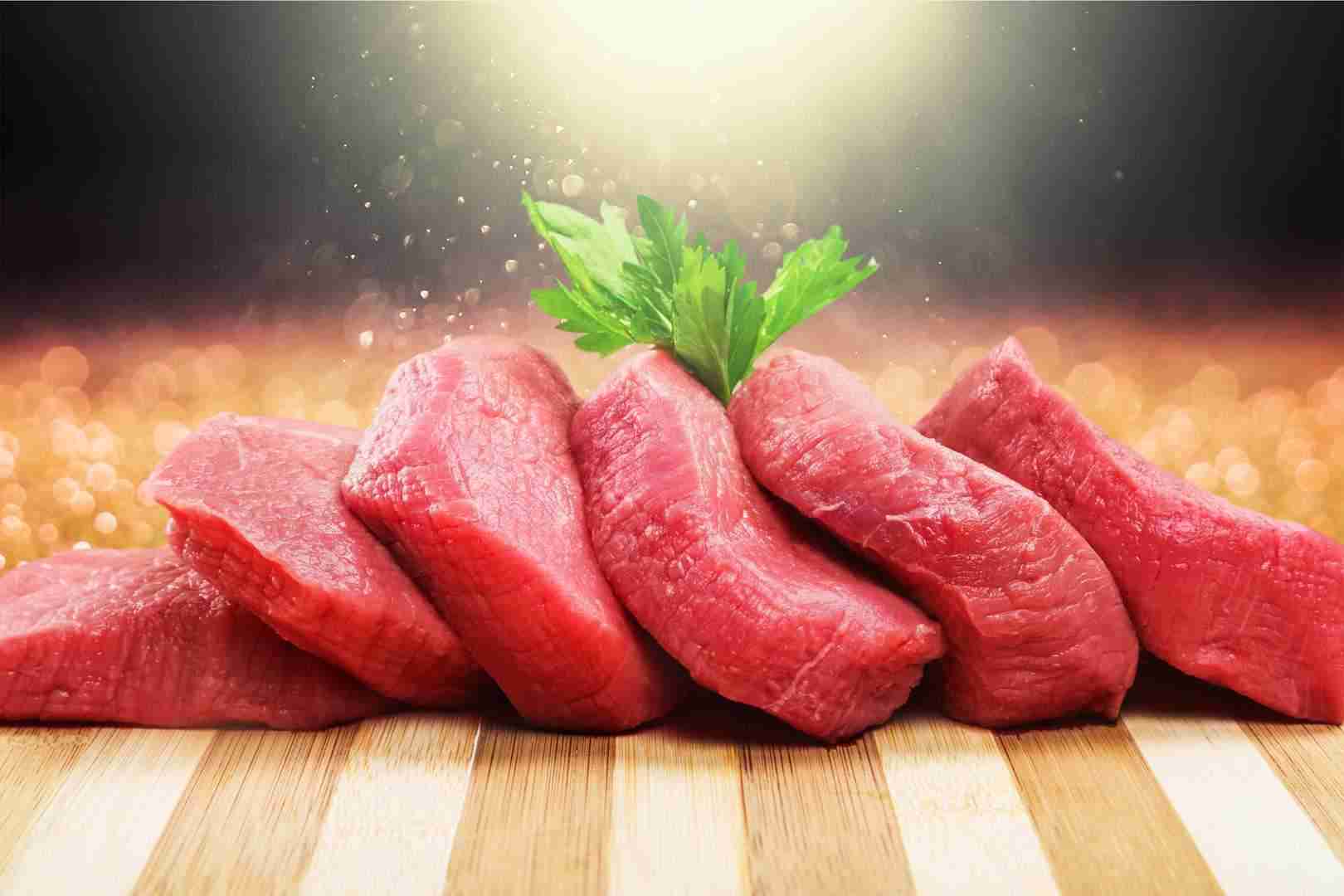
Enzymes are used in the meat industry to tenderize meat, enhance flavor and improve product quality. Proteases such as papain, bromelain and ficin are commonly used to break down muscle proteins, making meat more tender and palatable. This enzymatic tenderization is particularly beneficial for tougher cuts of meat, making them suitable for various culinary applications. In addition, enzymes are used in the production of processed meats, such as sausages, where they aid in the hydrolysis of proteins, improving texture and flavor. The use of enzymes in meat processing not only improves the sensory attributes of meat products, but also increases the overall efficiency of meat production.
| Categories | Cat. No. | Product Name | |
| Proteases | PRO-1823 | Neutral/alkaline protease for meat proteins | Get a quote |
| NATZ-071 | Neutral Protease (food grade) Powder | ||
| DIS-1022 | Fungal Protease | ||
| DIS-1029 | Papain | ||
| DIS-1016 | Bromelain |
At Creative Enzymes, from improving flavors to enhancing textures and boosting yields, our enzyme innovations are here to elevate your products. Contact us to find the optimal solution for shaping a smarter, greener future for food and beverage.